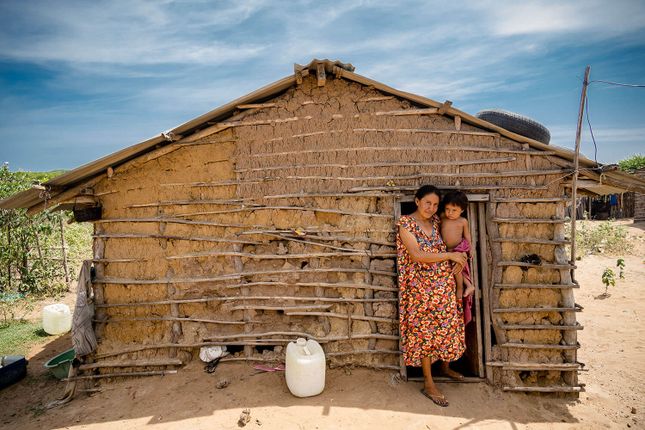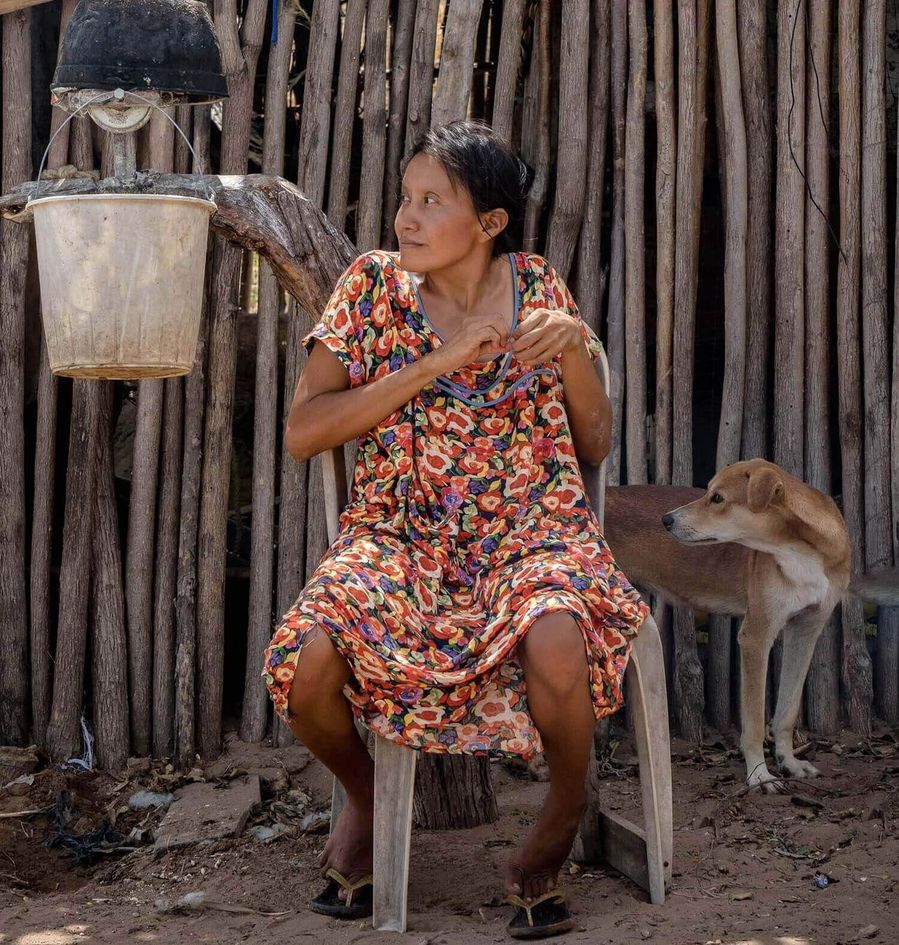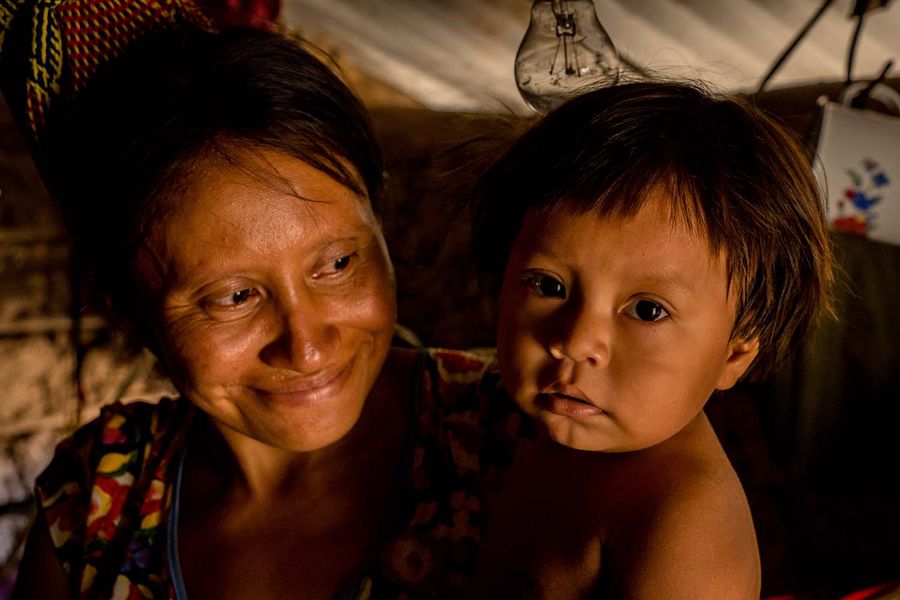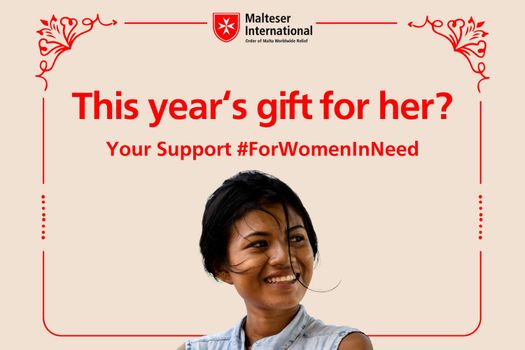Comunidad El Pasito is located in the outskirts of Riohacha, in Colombia’s northernmost region La Guajira. The heat is scorching, and there is rarely a passing of a cooling breeze. The pathways, leading to each house individually, are dusty and unpaved. In this community, you'll find various types of dwellings, including those constructed from wooden planks, aluminum roof sheets, clay, or plastic nylon sheets. Fences are erected to mark property boundaries, and curious children gaze through them, accompanied by clucking chickens and skinny dogs darting about. The region is struggling with water shortages, poverty and extreme drought. The community of El Pasito mainly consists of Venezuelan immigrants who have recently arrived or are in the process of settling in neighborhoods they can barely afford.
A member of this community is Lujaris del Carmen Báez Fernández, a 33-year-old Venezuelan immigrant who belongs to the indigenous Wayuu community in Maracaibo. She is currently 22 weeks pregnant with her second child. Lujaris is a resilient woman who has encountered numerous challenges in life. While residing in Maracaibo, she realized that with her first child, Jose, on the way, making ends meet would be an impossible task. The cost of living was too high, and the stress she experienced began to take a toll on her health, leading to being underweight during her pregnancy. To ensure a better future for their unborn child, she and her husband decided to leave Venezuela. Like many other Venezuelan immigrants confronting instability in their homeland, they had no other options. Lujaris managed to save 20,000 pesos ($20 USD) by working as a house cleaner in Venezuela to cover the border crossing fee.
Health and nutritional assistance for children and pregnant women in need
The continuous exodus of millions of Venezuelans is the largest recorded refugee crisis in the Americas, with 2.9 million seeking refuge in neighboring Colombia. The sheer number of Venezuelans has overwhelmed the country’s healthcare system, making it difficult for refugees to receive the necessary healthcare they require. Women and children in remote areas like La Guajira are particularly affected. To guarantee the health of both mothers and children, we offer medical and psychological consultations and prenatal checks. Additionally, we provide nutritional assistance to malnourished pregnant women and children through the distribution of food packages and supplements.












